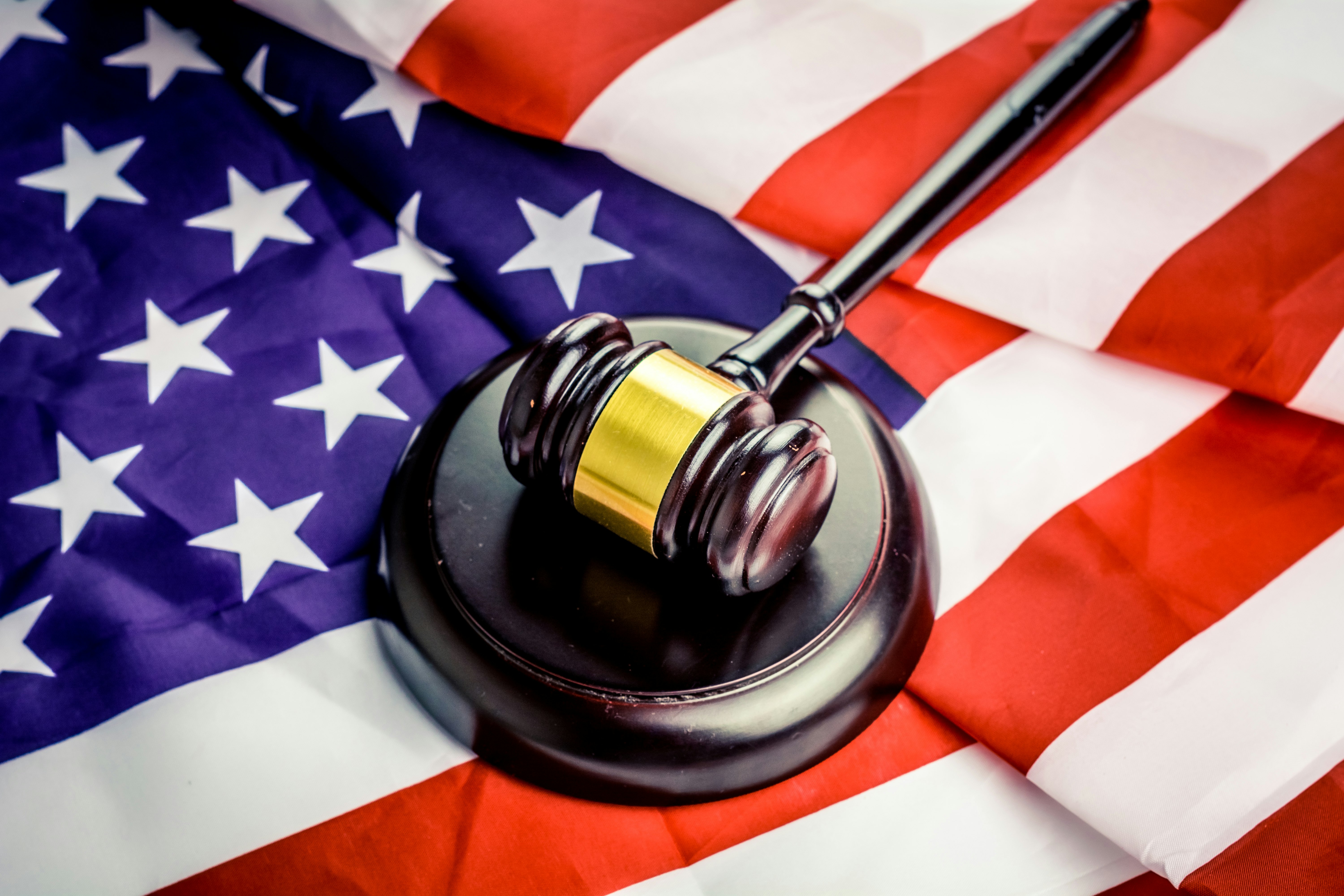According to information from The Sentencing Project, Florida’s Gov. Ron Desantis has signed into law a new measure requiring convicted felons to pay their court-ordered restitution, fees and fines prior to being allowed to vote. The move comes in the wake of a recently-passed ballot proposition allowing convicted felons the opportunity to vote. The American Civil Liberties Union (ACLU), NAACP Legal Defense and Educational Fund and the Brennan Center for Justice are among those suing Florida over what they are calling a new “poll tax.”
“Over a million Floridians were supposed to reclaim their place in the democratic process, but some politicians clearly feel threatened by greater voter participation. They cannot legally affix a price tag to someone's right to vote," said Julie Ebenstein, a senior staff attorney with the ACLU’s Voting Rights Project, in a statement. “There’s no rational basis for treating somebody who can afford to pay fees any differently than treating anybody who can’t afford to pay them. That’s just distinguishing people’s right to vote based on their wealth.”
However, Florida Sen. Jeff Brandes defended the measure during a debate on the floor saying lawmakers are “constitutionally bound to include all terms of sentence” while considering the proposal, according to a report from Florida Politics. The Sentencing Project, a criminal justice reform group, said there are practical challenges associated with the law, including the lack of an agency equipped to track outstanding fees and fines. To create one, it asserts, would costs millions of dollars. It also criticized the waiver system, which allows felons to avoid payment if victims approve or if their fees are converted into community service or waived, since there is no process for such laid out in the bill.
“This law will disproportionately impact black Floridians with a felony conviction, who face the intersecting barriers of accessing jobs in a state with long-standing wealth and employment disparities,” said Leah Aden, deputy director of litigation at the NAACP Legal Defense and Educational Fund in a statement. According to the ACLU, Florida’s decision to restore voting rights to those who have completed their felony sentences is the largest expansion of voting rights in the U.S. since the 26th Amendment made the voting age 18 years old.
From Twitter:
FreeTheVoteCA @FreeTheVoteCA
"Felony disenfranchisement is at the heart of many political battles from voting rights to gerrymandering and the Census. The power of over-incarcerated people of color has been, and always will be, diminished until we stand up and say Enough! #FreeTheVote https://slate.com/news-and-politics/2019/06/democratic-debate-voting-rights-gerrymandering-supreme-court.html
According to the ACLU, Florida’s decision to restore voting rights to those who have completed their felony sentences is the largest expansion of voting rights in the U.S. since the 26th Amendment made the voting age 18 years old. The lawsuit, Gruver v. Barton, claims the Florida restriction violates the Constitution’s First Amendment, along with the 14th and 15th Amendments, the ex post facto clause and its prohibition on poll taxes, reads materials provided by the ACLU.
“Our research shows that the people who have registered to vote under [Florida’s voting rights expansion] are disproportionately black and low-income. There can be no mistaking the racial and class implications of this regressive new legislation,” said Myrna Pérez, director of the Brennan Center’s Voting Rights and Elections Program.
Other States Tackle Voting Rights with New Laws
Per the Sentencing Project, Nevada, Colorado and Washing D.C., also proposed or made recent changes to their voting laws.
- Nevada expanded voting rights to those on probation and parole, adding eligibility to 77,000 Nevadans.
- Colorado gave those on parole new voting rights, while also requiring the Department of Corrections to notify those on parole of their newly-granted rights, how to register and how to get pertinent voting materials.
- D.C. Councilmember Robert C. White Jr. has introduced legislation to restore voting rights for those in prison. Only Maine and Vermont permit those incarcerated to vote.




















